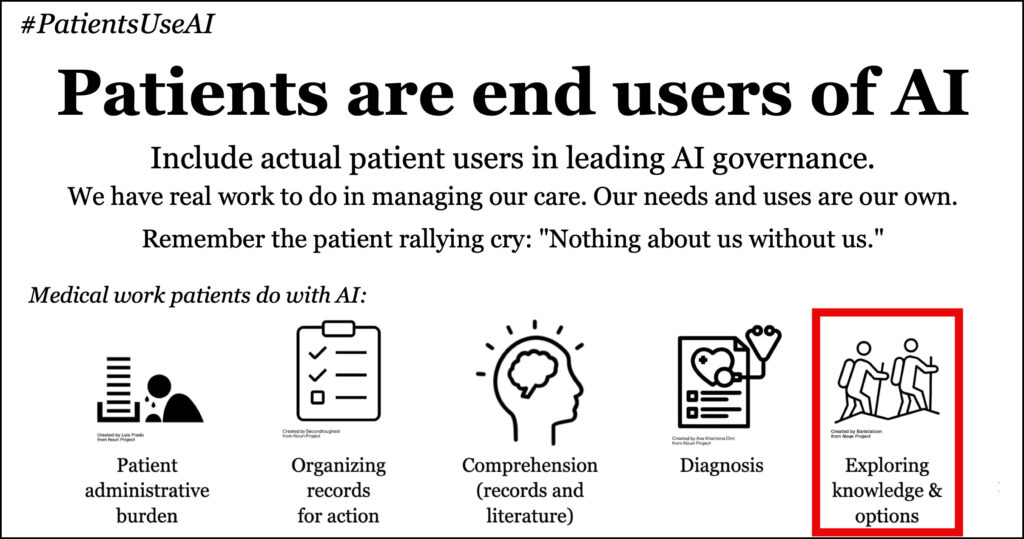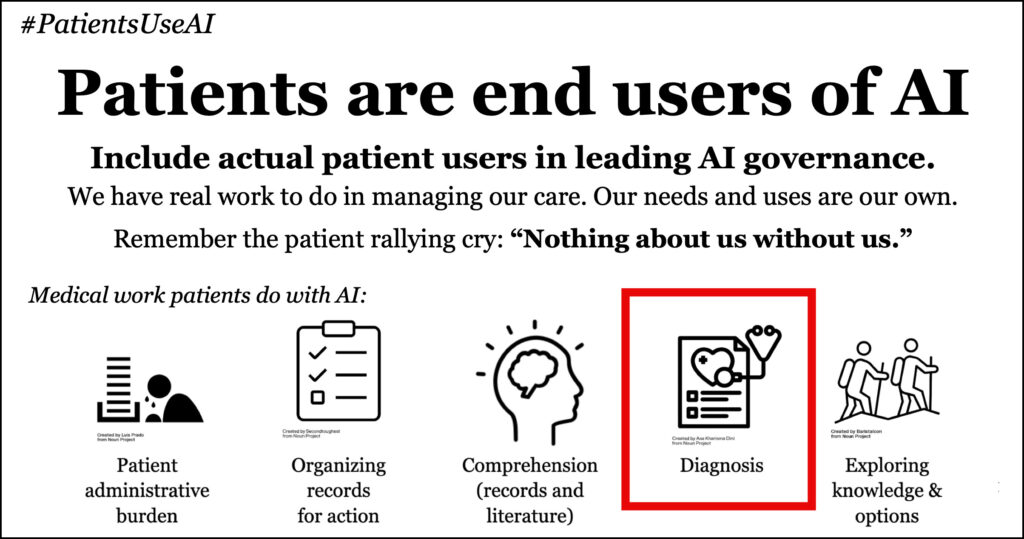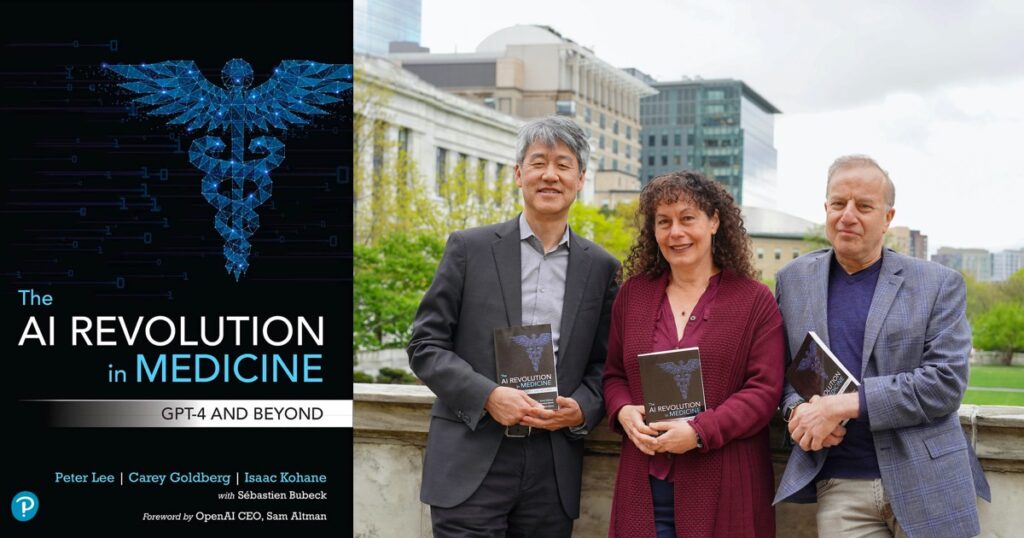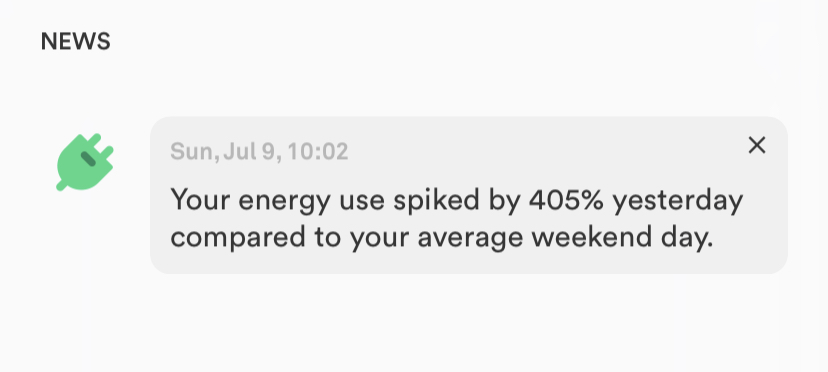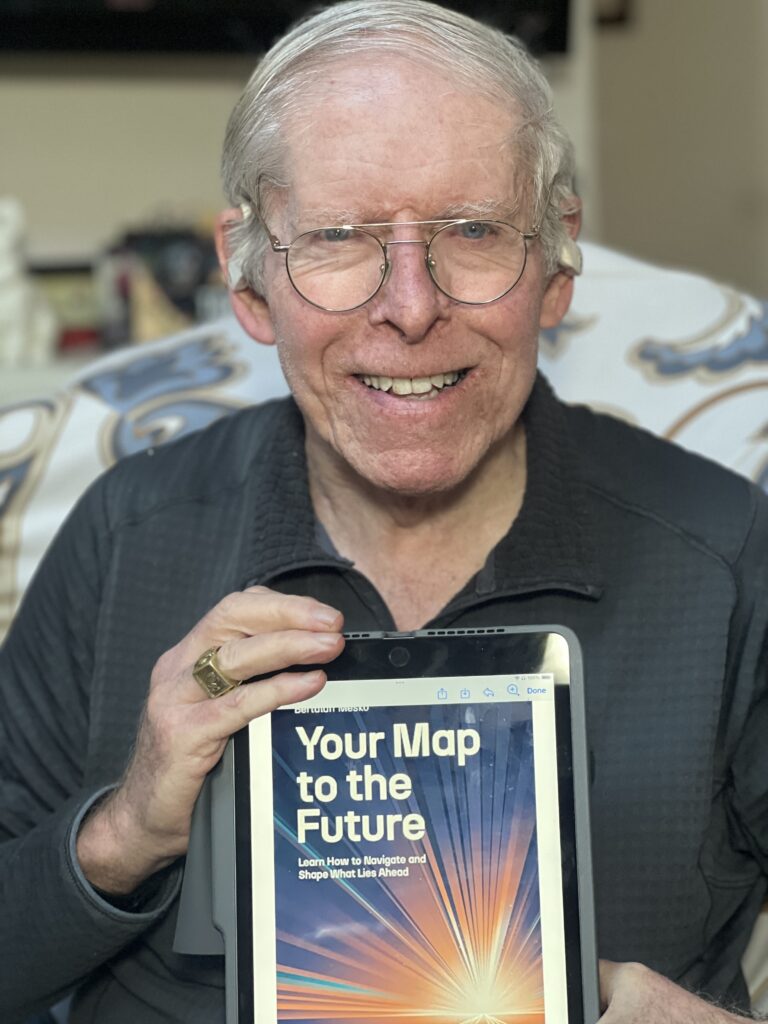
This is my first post in months, and isn’t specific to healthcare. I’m doing it for a couple of reasons. First, this is an important new book by one of the sharpest minds I’ve ever known, and second, it’s about a dangerous situation that’s driving a lot of people nuts. The danger is real, and I think there’s a way to not lose our minds over it.
As I approach age 75, I’m in a position to say this bluntly: we live in disturbingly uncertain times, and “we” includes you. I say this as someone who’s spent his whole career working to understand what’s going on under the surface, whether it was in graphic arts or then in healthcare. Such questions require asking a lot of “Why??” so that any improvement you propose can be built on understand what’s eternal.
[Read more…]


